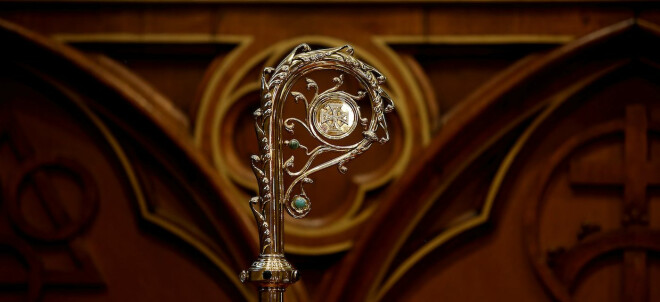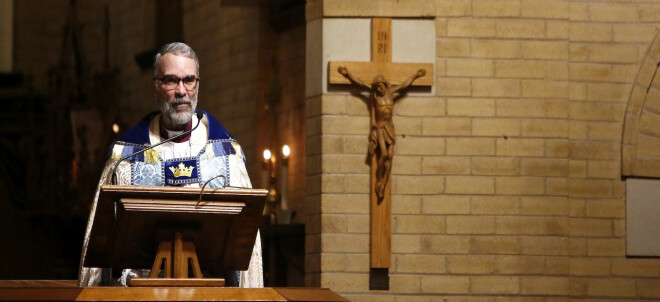In Honor of Robert Jenson

Robert Jenson once wrote a book about the great Puritan thinker Jonathan Edwards, whom he called, America’s theologian. In fact, Jenson himself could rightly receive this title as he nears the end of his own theological career. I write only to commend his rich and demanding work, and to note how suitable such reading would be in Easter. In the blog entry it would be silly to attempt more concerning such a complex mind.
And yet, in certain way, he is a writer whose main points can be stated simply. That is a measure of his profundity and faithfulness. The Trinity is first of all God’s name, which means he is this God, and not some other, not one we devise to our own needs. And that name in itself displays the sheer vitality and action who is God. Jenson famously called God a “fugue,” a single but complex and beautiful sound.
That triune identity is at once revealed and expressed in the resurrection of Jesus from the dead. Everything we want to say as Christians is packed into that one phrase. The God of Israel is decisively at work for His creatures. A new horizon of hope is opened up for humankind. The status of sin, death, and judgment are changed, and can only now be understood in relation to God’s true identity in Christ. Time is not what we had supposed.
One way to put the matter is this: theology is rethinking everything about the world working from the assumption that Jesus is truly risen from the dead. This doesn’t mean that we stop thinking about all we know of the real world. But reality now includes this fact, which is a kind of depth charge to all our former conclusions. There are other theologians who might equally be numbered among those who so conceive the theological task. Thomas Torrance is one - he wondered especially how resurrection reworks our notions of time and space (which a good deal of reading modern physics in there too!)
Thanks be to God for thinkers like Jenson, realists of a higher order, who remind us that the world is stranger, and more ultimately hopeful, than is dreamed of our merely secular philosophies.
Peace
+GRS




